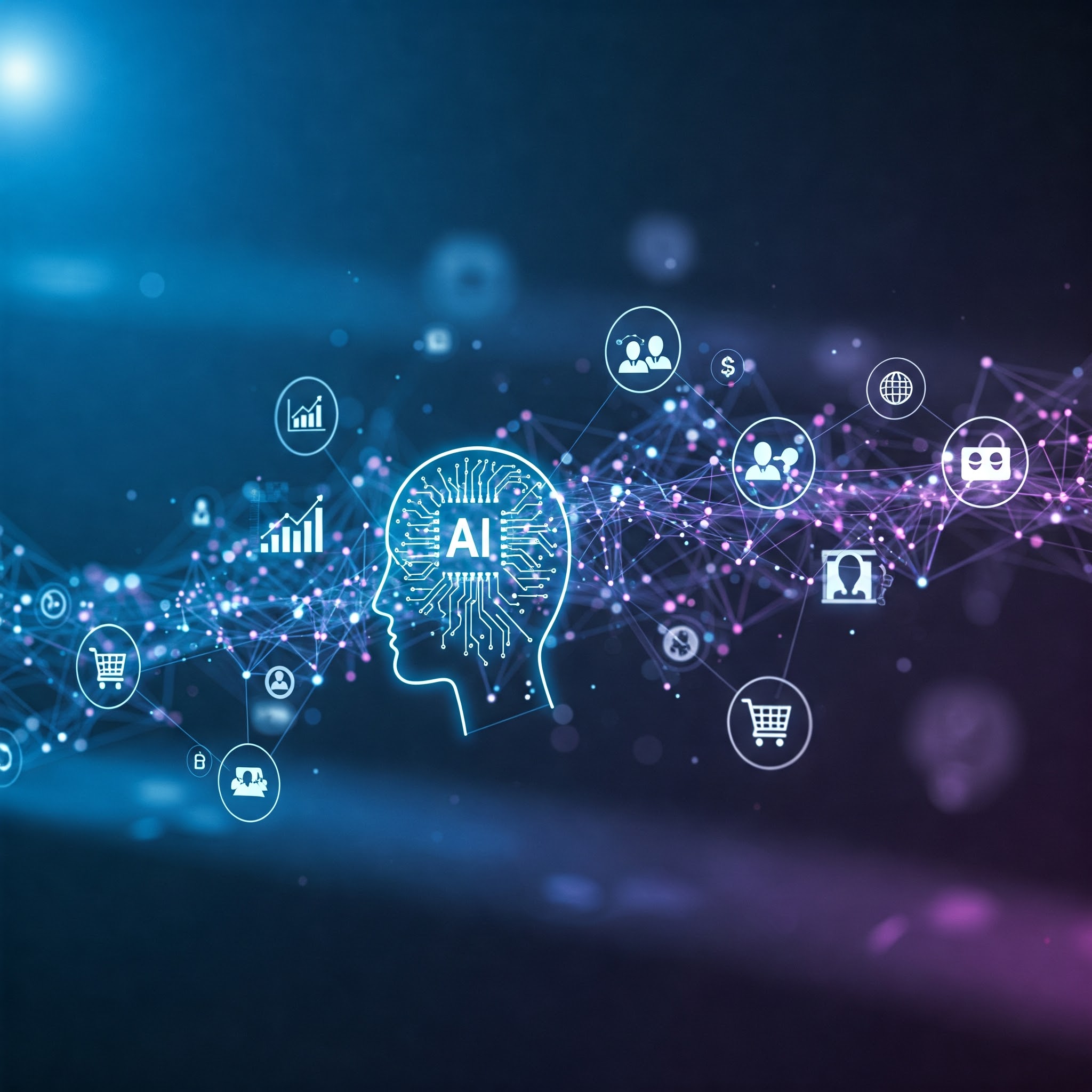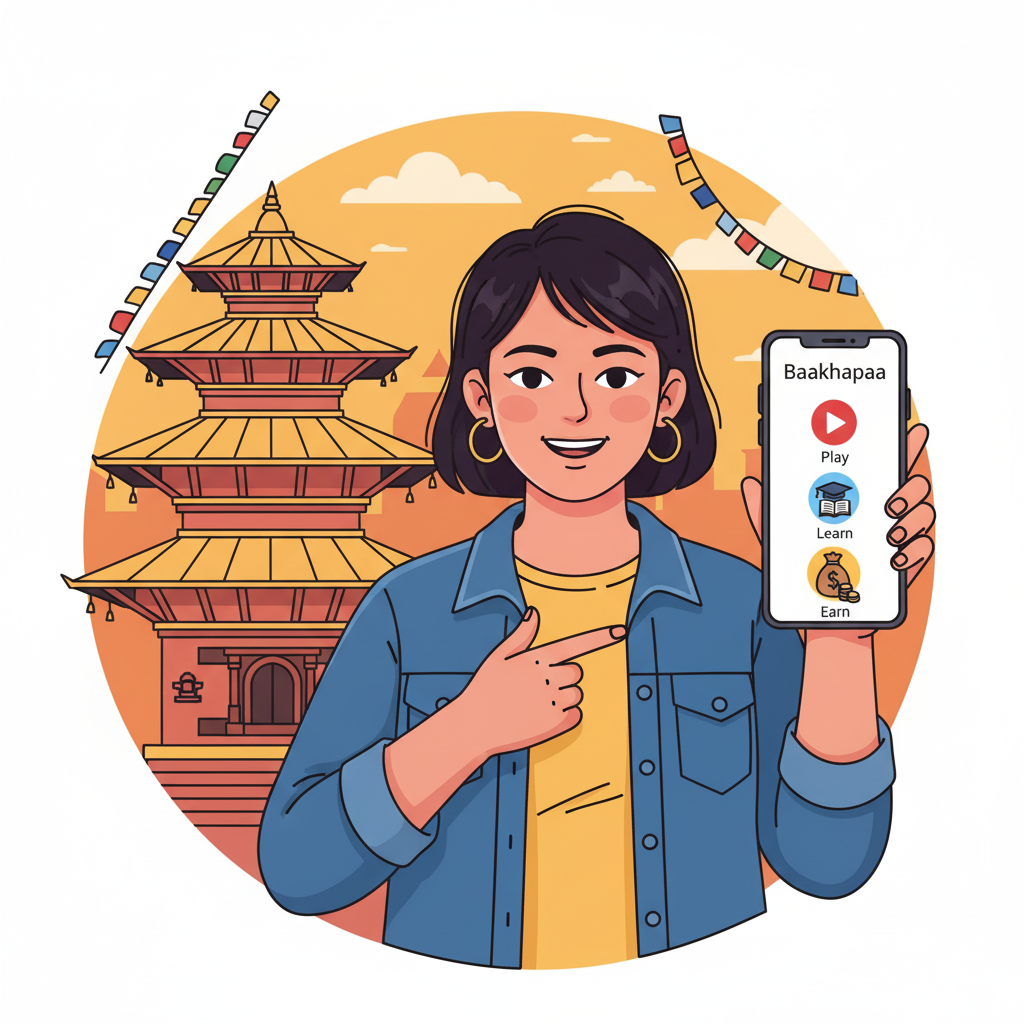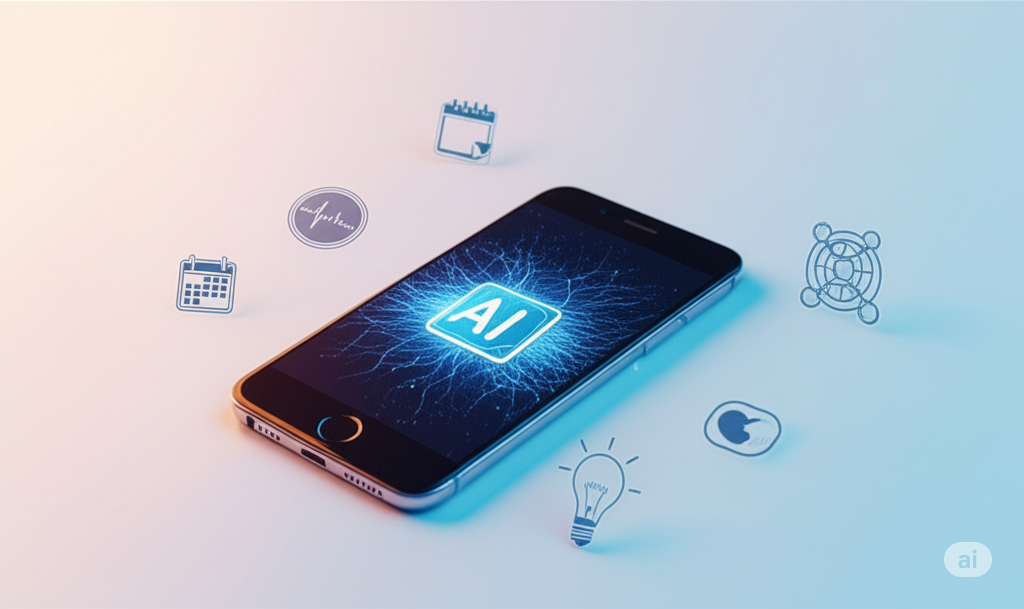How AI is Revolutionizing the Marketing Landscape
Artificial Intelligence (AI) is no longer a futuristic buzzword; it's a transformative force actively reshaping industries worldwide. One of the most dynamic arenas experiencing this AI revolution is marketing. From hyper-personalization to predictive analytics, AI is equipping marketers with unprecedented tools and insights. This post explores the profound impact of artificial intelligence on marketing, highlighting key AI in marketing applications, emerging AI technologies, and what the future of AI in marketing might hold.
The Current State: AI's Impact on Marketing Today
AI has already made significant inroads into various marketing functions:
- Hyper-Personalization at Scale: AI algorithms analyze vast amounts of customer data (Browse history, purchase patterns, demographics, social media activity) to create highly detailed customer personas. This allows marketers to deliver tailored messages, product recommendations, and content to individual users in real-time, significantly boosting engagement and conversion rates. Think of personalized email campaigns that feel uniquely crafted for you or website experiences that adapt to your preferences on the fly.
- AI-Powered Content Creation & Optimization: Generative AI tools are now capable of drafting blog posts, ad copy, social media updates, and even creating images and videos. While human oversight remains crucial for brand voice and strategic direction, AI significantly speeds up content production. Furthermore, AI can analyze existing content for SEO optimization, suggest improvements, and predict content performance.
- Predictive Analytics for Smarter Decisions: AI excels at identifying patterns and forecasting future trends. Marketers are using predictive analytics to anticipate customer behavior, identify at-risk customers, optimize pricing strategies, and allocate marketing budgets more effectively for maximum ROI.
- Enhanced Customer Service with AI Chatbots: AI-powered chatbots have become sophisticated, offering 24/7 customer support, answering frequently asked questions, resolving simple issues, and even guiding users through sales funnels. Advanced chatbots utilizing Natural Language Processing (NLP) can understand nuanced queries and provide more human-like interactions.
- AI-Optimized Advertising Campaigns: AI algorithms optimize ad spending across various platforms in real-time. They can A/B test different ad creatives, target specific audience segments with incredible precision, and adjust bidding strategies automatically to maximize conversions and minimize costs.
- Audience Segmentation and Targeting: In an era of increasing privacy concerns and the phasing out of third-party cookies, AI helps marketers leverage first-party data more effectively. AI tools can segment audiences based on behavior, preferences, and engagement patterns without relying on cookies, enabling continued effective targeting.
Emerging AI Technologies Shaping the Future of Marketing
The future of AI in marketing looks even more exciting with these emerging AI technologies:
- Agentic AI: These are autonomous AI systems designed to perform specific, complex marketing workflows without human intervention, such as competitor analysis, advanced audience segmentation, or even managing entire campaigns.
- Multimodal AI: AI that can understand and process information from multiple sources simultaneously (text, images, video, voice). This will lead to richer customer insights and more immersive marketing experiences.
- AI-Driven Augmented Reality (AR): Expect more interactive and personalized AR experiences, such as virtual try-ons that adapt to individual user features or AR-enhanced product demonstrations.
- Voice Search and Conversational AI Optimization: As voice search becomes more prevalent, AI will be crucial for optimizing content for voice queries and powering more sophisticated conversational AI interactions.
- Ethical AI and Transparency Tools: With growing awareness of data usage, there will be a greater emphasis on AI tools that promote ethical practices, data privacy, and transparency in how AI-driven decisions are made.
- AI in Influencer Marketing: AI tools are becoming adept at identifying the most suitable influencers for a brand by analyzing audience demographics, engagement rates, and predicting campaign ROI.
The Human Element Remains Key
While AI offers powerful automation and insights, it's important to remember that it's a tool to augment human capabilities, not replace them entirely. Strategic thinking, creativity, storytelling, brand voice authenticity, and ethical oversight are areas where human marketers will continue to play an indispensable role. The most successful marketing teams in the future will be those that effectively blend AI-driven efficiency with genuine human connection.
The impact of artificial intelligence on marketing is undeniable and continues to accelerate. By understanding and embracing these emerging AI technologies and AI tools for marketing, businesses can create more effective, personalized, and efficient campaigns, ultimately building stronger customer relationships.
Ready to test your AI in marketing knowledge? Head over to our website after reading this guide to play our "AI Marketing Maverick" quiz and earn points!
Please login to leave a comment.


 Rakesh Rajbhat
Rakesh Rajbhat




